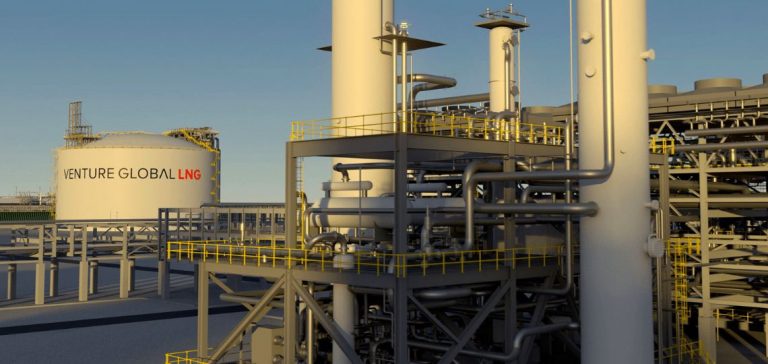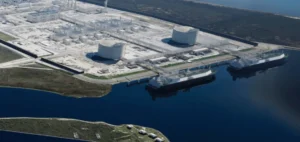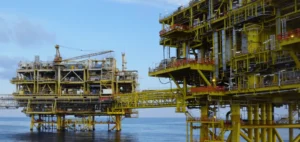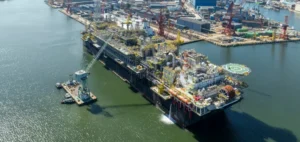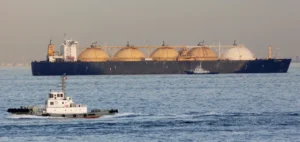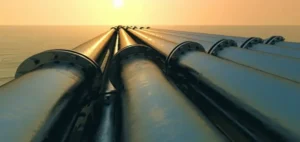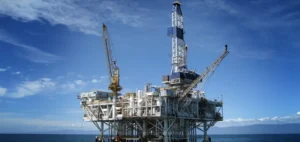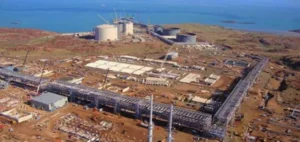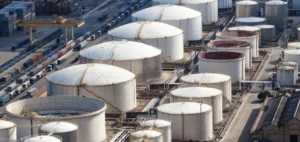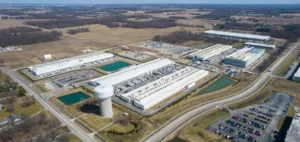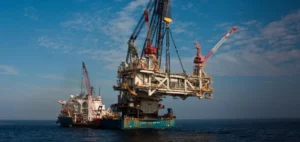Venture Global LNG, a US-based liquefied natural gas (LNG) producer, faces accusations of failing to meet its contractual commitments, primarily due to delays attributed to technical issues at its Calcasieu Pass plant in Louisiana. According to its clients, including Shell and BP, the company has refused to deliver LNG cargoes despite a partial production startup. The dispute centers on the facility’s status, with Venture Global claiming that the plant has not yet reached full operational capacity and is still in the “pre-commissioning” phase.
This situation led clients to file claims, arguing that Venture Global used this justification to maximize its sales on the spot market, where LNG prices were higher. The plaintiffs argue that the company generated additional revenue while depriving long-term buyers of cargoes at pre-established prices, causing significant economic losses.
FERC’s Support for Venture Global’s Practices
The Federal Energy Regulatory Commission (FERC) recently released a report stating that Venture Global took adequate measures to diagnose and resolve equipment performance issues. The regulator states that delivery delays are justified by ongoing technical work and that the company has complied with safety and commissioning standards. This support partly contradicts the allegations of manipulation and bad faith brought by Shell and BP, who maintain that the facility could have been optimized to meet contractual terms.
This position by FERC is a turning point for Venture Global, as it could influence the outcome of ongoing arbitrations. However, the report does not end the disputes, as plaintiffs believe that the volumes of LNG delivered on the spot market far exceed those justified by a “pre-commissioning” phase. For Shell and BP, Venture Global’s argument does not consider possible adjustments that could have allowed, even partial, compliance with long-term buyers’ needs.
Consequences for the US LNG Market
Tensions between Venture Global and its partners could affect the reputation of US exporters in the international market. LNG buyers increasingly seek reliable and transparent suppliers to secure long-term supply, particularly in Asia, where demand is growing rapidly. An unfavorable outcome for Venture Global in these disputes could deter potential investors and buyers in favor of competing suppliers in Qatar, Russia, or Australia.
The timing is especially crucial as Venture Global is about to launch a new LNG terminal in Louisiana, expected to become the second-largest LNG production site in the United States. If the company overcomes these conflicts, it could strengthen its position among the main US exporters. However, any new disruption or controversy could jeopardize expansion plans and lead to a loss of market share.
Outlook for Clients and Regulators
Plaintiff companies, notably Shell and BP, have increased pressure to obtain financial compensation for the missing cargoes. They fear that Venture Global’s inability to meet its commitments could set a precedent and weaken contractual security across the entire LNG sector. Conversely, if regulators continue to support Venture Global’s practices, it could encourage other producers to use “pre-commissioning” phases as a reason to delay cargo deliveries, introducing further instability in the market.
For regulators like FERC, this case is a test of their ability to balance the protection of long-term clients and the operational flexibility of producers. The challenge is to find a balance that ensures both supply security and project profitability while maintaining the trust of international investors.

